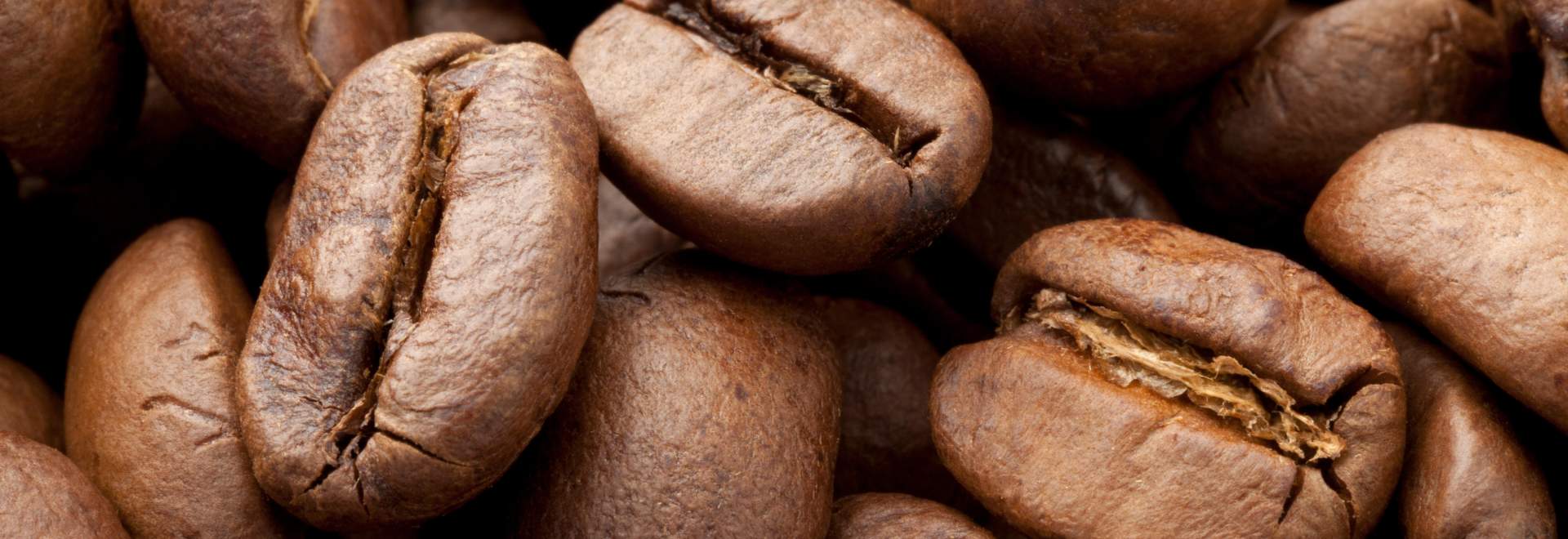What happens when you freeze roasted coffee at home?
João Carvalho speaks with Professor Chahan Yeretzian about how home baristas can effectively preserve the freshness of their roasted coffee.
The moment coffee is roasted, an internal clock begins to tick within each and every bean.
The buildup of carbon dioxide (CO2) – which happens during the roast – begins to release from the coffee, quickly at first, and then more slowly as the days and weeks pass. When the coffee is ground, this process accelerates.
As CO2 escapes, it is replaced by oxygen in the atmosphere – known as oxidation. This changes the molecular structure of the coffee, leading to a progressive imbalance in the aroma profile.
At the same time, the aromatic oils within the beans push to the surface and react with the atmosphere. As well as giving rise to a “stale” cup, it can cause the development of unpleasant, rancid flavours when the coffee is brewed.
Known as a “loss of freshness”, this process is a reality for every coffee, regardless of origin, processing method, or roast profile. However, there are various ways of slowing it down, from storing it in a dark room to keeping it in an airtight container.
But what about freezing it?
The impact of freezing roasted coffee
When it comes to preserving freshness, few approaches are more divisive than freezing.
While some say it stops the degradation of aroma and flavour in its tracks, others suggest it fundamentally alters the characteristics of the coffee – and can even lead to “freezer burns”.
Professor Chahan Yeretzian has studied the effects of freezing roasted coffee as part of his role at the Zurich University of Applied Sciences (ZHAW). Although he acknowledges scepticism exists around freezing, he explains that consumers have little cause for concern.
“Roasted coffee has approximately 2% moisture,” he says. “Therefore, going below 0°C does not have a particular impact on a coffee bean material that has hardly any water.
“There is no lipid structure alteration, no degradations, or any kind of chemical or physical transformation. Freezing roasted coffee will slow down any changes and hence retain the quality.”
A recent study by Pennsylvania State University supports Chahan’s view. It asked 48 consumers to taste test different coffee samples stored for nine weeks, some at room temperature and some in a freezer, in comparison to newly roasted coffee stored for a day.
Overall, the study found that consumers perceived the frozen roasted coffee samples to be more similar to the newly roasted control than the samples stored at room temperature.
“Freezing decreases the kinetics or speed of degassing,” Chahan explains. “For example, a 10°C decrease in storage temperature will slow down the degassing kinetics by roughly a factor of 2.”
Condensation & airtight containers
In the specialty coffee sector, proponents of freezing roasted coffee can be found across the globe. Among the most vocal is Ona Coffee, a specialty coffee shop chain based in Australia.
One of the pioneers of vacuum-freezing whole beans into individual servings, Ona claims that, in this way, it can preserve the freshness of its coffees indefinitely. Its cafe in Sydney even offers a “freezer menu”, which includes 20 to 30 reserve coffees kept in separate tubes.
Although this has proved an effective way of storing coffee long term, access to vacuum-packing machines and individual containers is not something most people have at home.
Nevertheless, simply putting an entire bag of coffee in a freezer won’t prevent a loss of freshness. It is important to consider a few factors before freezing roasted coffee, including the effect of moisture and odours.
“If you expose roasted coffee to simple freezer conditions then you are going to deposit water and other smells into the beans – and you don’t want that,” said Dr Christopher Hendon in a 2019 Re:co Symposium talk.
Instead, he suggests keeping it in an airtight container sealed in a dry environment to prevent moisture and oxygen from getting inside.
When it comes to removing the coffee for grinding, it’s essential to only take as much as you need to avoid exposing it to external elements. Chahan also suggests waiting for the coffee to warm up before opening the container.
“When coffee is taken out of the cool environment, the bag must only be opened when it has reached room temperature,” he says. “This is to prevent condensation of humidity from the environment. Condensation of moisture on the surface of the coffee beans will accelerate the oxidation and quality degradation of the coffee.”
Despite its detractors, freezing roasted coffee has become widely accepted as an effective way to slow staling and preserve freshness.
Not only will it help prolong the time home baristas can enjoy their coffee, but it also reduces waste and pays respect to all the hard work that goes into producing each bag.








